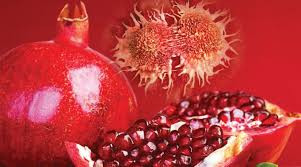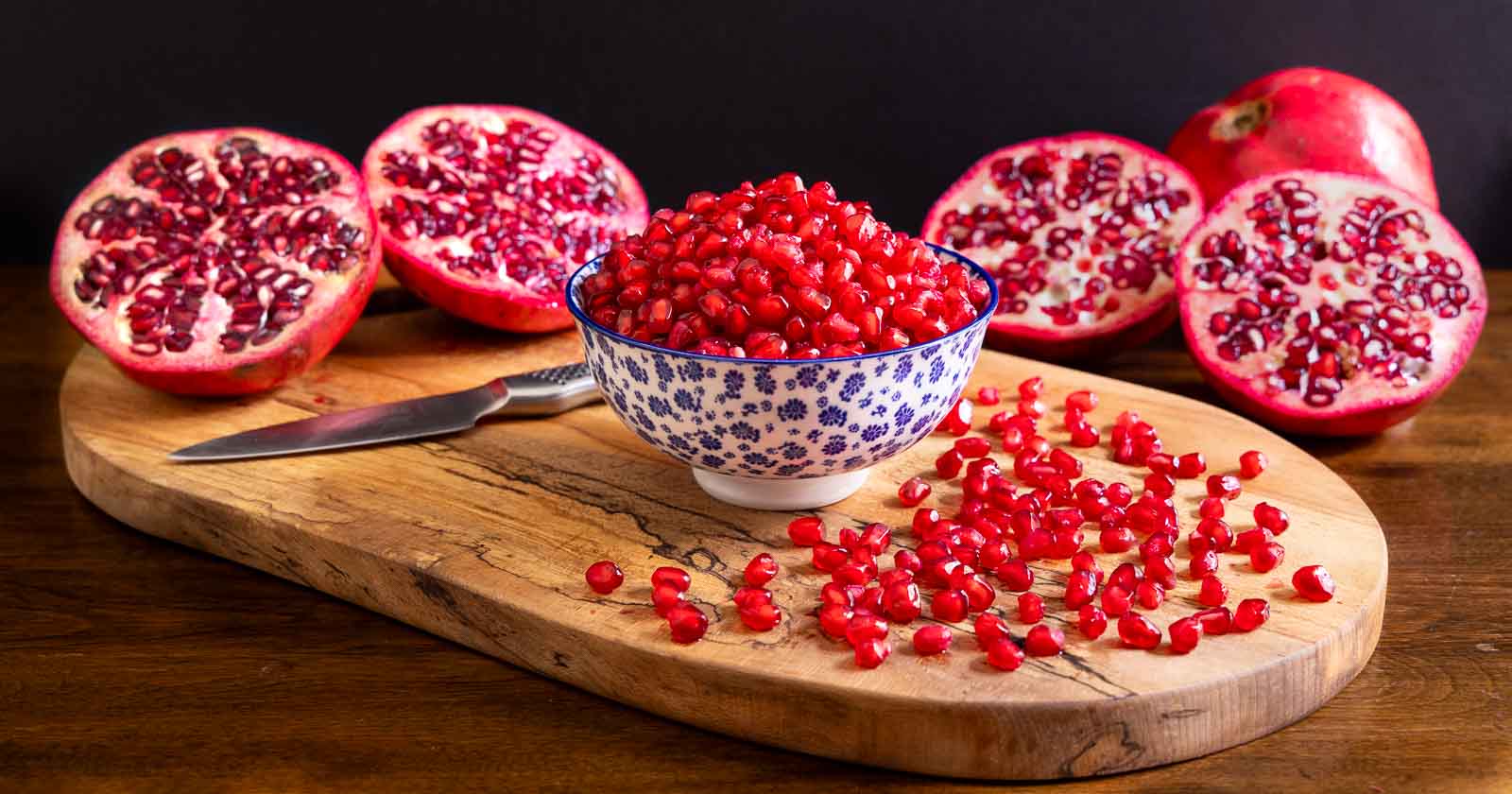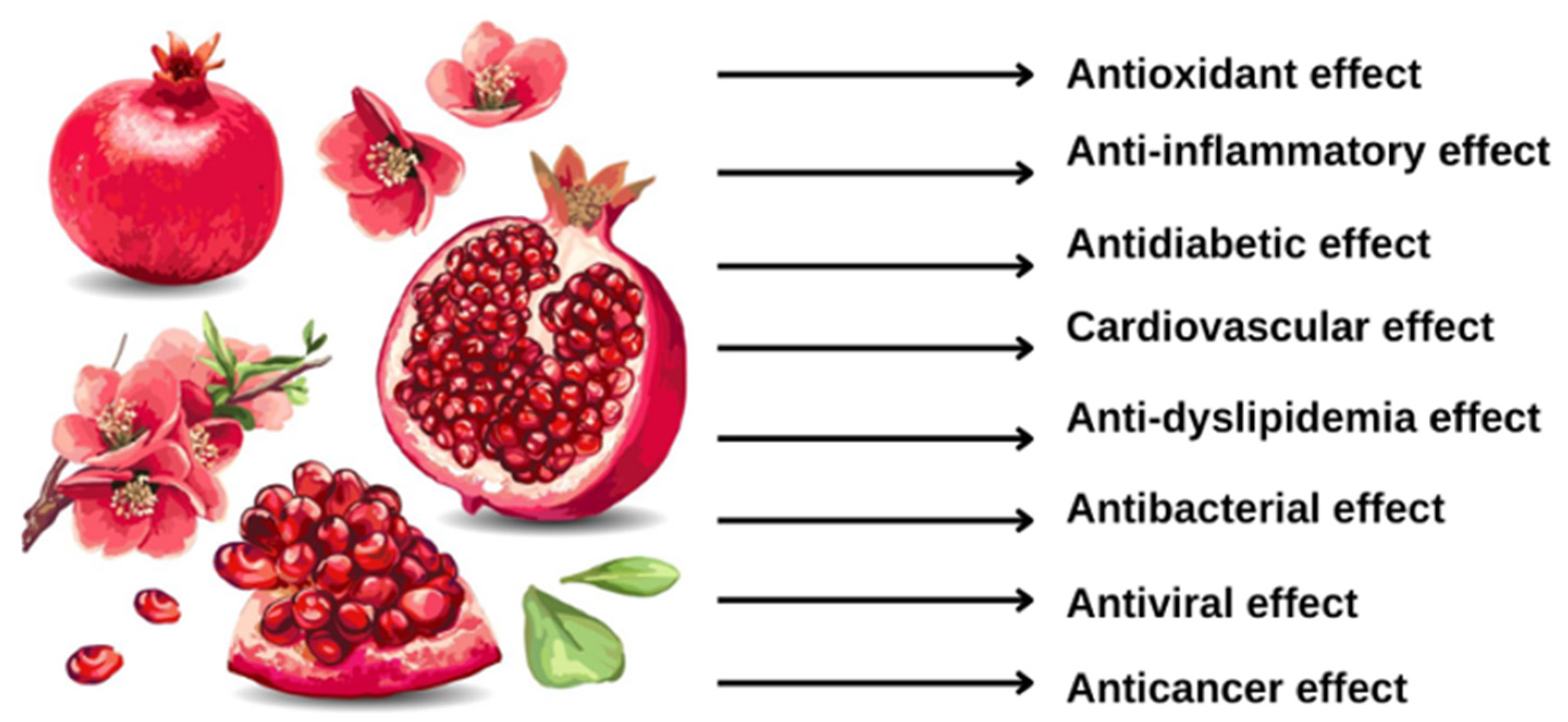How Pomegranate Seeds Have the Power to Help Prevent Cancer

It has often been wondered how the power of nature could be harnessed to help in the fight against cancer, and surprisingly, pomegranate seeds have gained attention for their potential benefits. In recent years, a growing number of studies have highlighted the numerous health advantages associated with these red seeds, with a particular focus on their role in preventing cancer. Hidden within their jewel-like kernels, powerful compounds have been found to act as protectors against certain forms of cancer.
Pomegranate seeds have been embraced as part of a balanced diet in various cultures for centuries, but it is only now that their medicinal properties are being truly appreciated. While research continues, pomegranates have become a part of the conversation about natural ways to improve health. The seeds’ antioxidant and anti-inflammatory properties have been increasingly studied, offering hope in the prevention and management of various diseases, including cancer.
What Makes Pomegranate Seeds So Special?

Pomegranate seeds are rich in antioxidants, which are thought to play a significant role in their cancer-preventing abilities. Antioxidants work by neutralizing free radicals, which are unstable molecules that can cause cellular damage and lead to the development of cancer. A specific antioxidant known as punicalagin, found in pomegranate seeds, has been found to help reduce inflammation, one of the key factors in cancer growth. It has been suggested that regular consumption of pomegranate seeds may lead to a decrease in the overall risk of developing cancer by protecting cells from oxidative stress.
Additionally, compounds such as ellagic acid, which is also found in the seeds, have been identified for their ability to slow down the growth of certain cancer cells. It has been observed in laboratory settings that pomegranate seed extracts can inhibit the proliferation of cancer cells, particularly in cancers such as breast, prostate, and colon cancer. The seeds are packed with nutrients that are believed to contribute to this protective effect, including vitamin C, vitamin K, and fiber.
How Can Pomegranate Seeds Impact the Fight Against Cancer?

While no single food or ingredient can guarantee cancer prevention, pomegranate seeds have been added to the growing list of foods that may play a role in reducing cancer risk. It has been recognized that the anti-inflammatory properties of the seeds can help lower chronic inflammation in the body, which is a known contributor to cancer development. Inflammation is believed to create an environment where cancer cells can thrive, so reducing inflammation through a diet rich in antioxidants may be beneficial in the long run.
One of the most compelling aspects of pomegranate seeds is their ability to disrupt cancer cell growth. It has been reported that specific components of the seeds can interfere with the communication between cancer cells, thus slowing their growth. This has been particularly noted in prostate cancer research, where pomegranate extracts were found to reduce tumor growth and lower prostate-specific antigen (PSA) levels in patients.
Beyond laboratory studies, communities around the world have long incorporated pomegranate into their diets, and lower cancer rates in some of these populations have sparked further investigation into the fruit's protective properties. This traditional wisdom is now being backed by modern science, highlighting the potential of pomegranate seeds in cancer prevention.
Could Pomegranate Seeds Be Part of a Healthier Future?
Incorporating pomegranate seeds into the diet is seen as a simple and enjoyable way to boost overall health. As more people become aware of the potential benefits of pomegranate seeds, it is expected that they will become a more common feature in everyday meals. The seeds can be eaten on their own, added to salads, or used as a topping for various dishes. By including them in a balanced diet, it is believed that people may support their body’s natural defenses against not only cancer but other diseases as well.
The long-term outcomes of regularly consuming pomegranate seeds are still being studied, but the early findings are promising. More research will be required to fully understand how pomegranate seeds work within the body to prevent cancer and what levels of consumption are most effective. However, the seeds are already being recommended as part of a healthy, plant-based diet that could contribute to lowering cancer risks over time.
While scientists and nutritionists continue to explore the many benefits of pomegranate seeds, their potential impact on human health is becoming clearer. The seeds, often viewed as a mere garnish or snack, are now being recognized for their powerful properties and could be seen as an essential addition to the diet for those looking to reduce their risk of cancer.
The story of pomegranate seeds shows how natural elements, long used by ancient civilizations, are now being reexamined in the light of modern science. By understanding more about these simple, yet powerful foods, better choices can be made for a healthier future.





